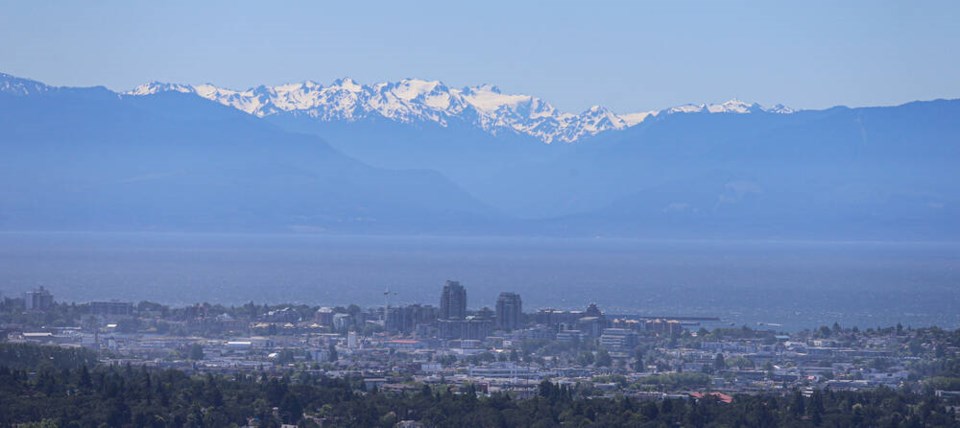The maximum allowable rent increase for 2022 will be set at 1.5 per cent, the province announced Wednesday.
The increase, the first since rents were frozen at the start of the pandemic last year, cannot take effect before Jan. 1, 2022 and landlords must provide three months’ notice before implementing it.
But the allowable rent increase falls far short of what’s needed, according to property owners.
David Hutniak, chief executive of Landlord B.C., the industry association for landlords and property managers, said the “current maximum allowable increase formula is woefully inadequate.”
Hutniak said the organization provided the Housing Ministry with reams of information showing the rate increase pales in comparison with the higher costs faced by property owners for expenses such as property maintenance, property taxes, water and sewer rates and insurance.
In a report presented to the province, Hutniak wrote that costs are outstripping the maximum annual allowable rent increases, which could have an impact on providing affordable rental housing down the line.
“This will be a continuing discussion to ensure the long-term viability of the sector so that we may provide safe and healthy rental housing for British Columbians,” Hutniak said Wednesday.
Andrew Sakamoto, executive director of the Tenant Resource and Advisory Centre, said it’s no surprise that after more than a year of a rent freeze that the government has decided to start the thaw in 2022.
“I think there is moderate concern that the timing could be a little premature, but at the same time we are pleased the amended rent increase formula will at least keep rents two per cent lower than what they could have been under the previous formula,” he said. “To see rent increases capped at 1.5 per cent versus 3.5 is significant.”
Before the province changed the formula in 2018, a maximum rent increase could include an additional two percentage points on top of inflation.
Now the rate is determined by the 12-month average per cent change in the province’s Consumer Price Index, ending in July.
“We are pleased that the new formula is doing its job to keep rents as low as possible, especially for tenants who are still trying to recover from the economic impacts of COVID-19,” said Sakamoto.
Hutniak said while the province’s landlords and property owners remain concerned about a disconnect between annual allowable increases and operating cost, the industry recognizes it weathered the pandemic economic storm better than many others.
He also said they are pleased the province has offered the chance to recoup some extra costs through an additional rent increase process.



